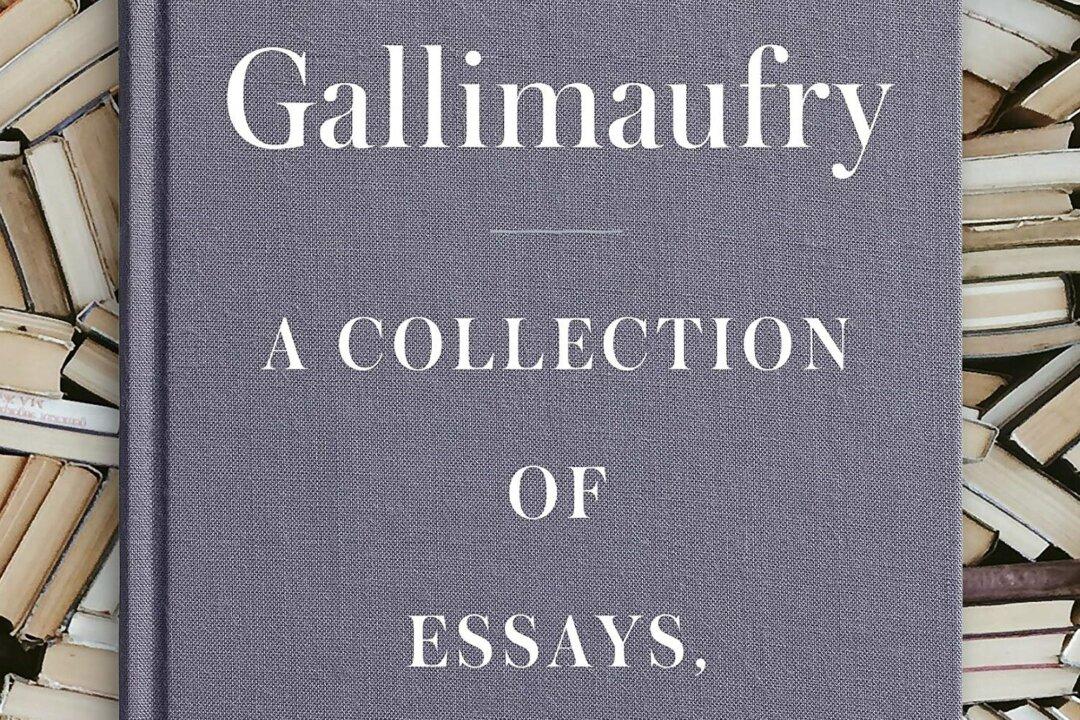Ask someone for the title or author of a favorite book, and most could give you an answer.
Ask the same question about a favorite poem or poet, and some might come up with a reply. Even a 5-year-old might recite “Mary Had a Little Lamb.”

Ask someone for the title or author of a favorite book, and most could give you an answer.
Ask the same question about a favorite poem or poet, and some might come up with a reply. Even a 5-year-old might recite “Mary Had a Little Lamb.”